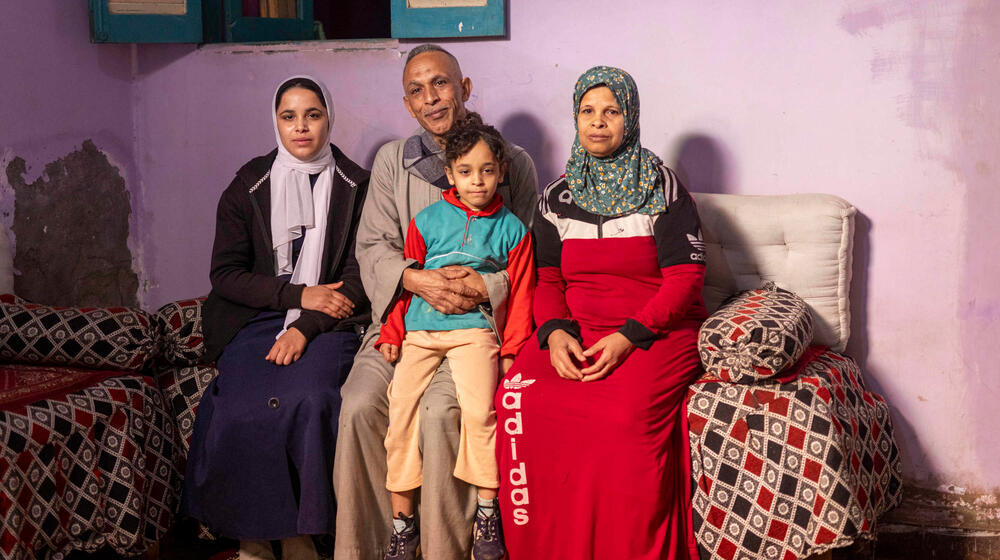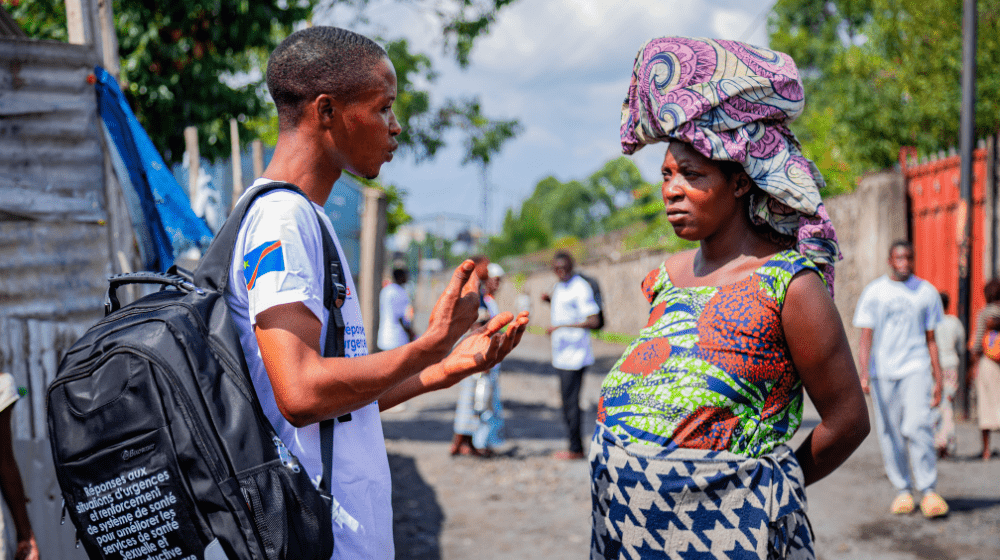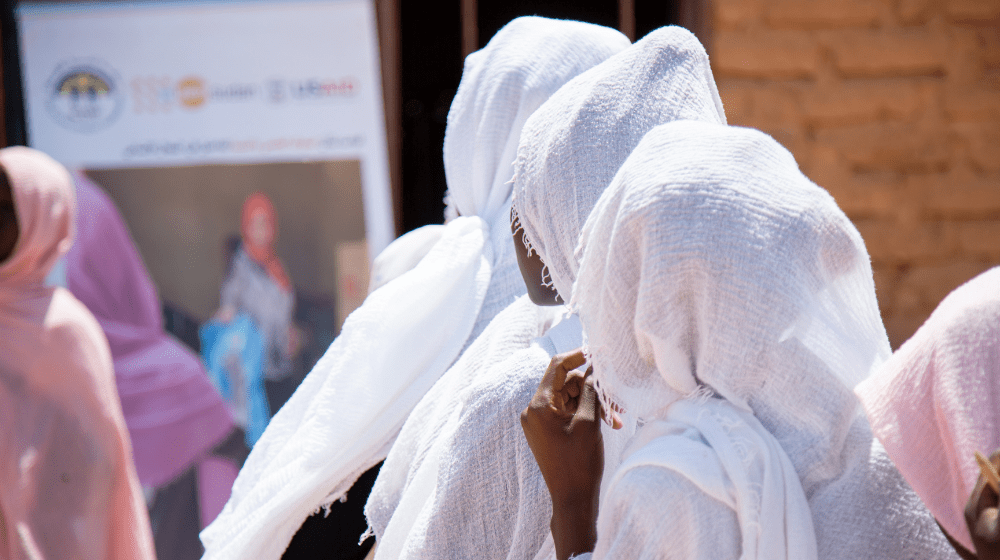Thirty years after global leaders came together for the International Conference on Population and Development, affirming that women’s empowerment is tied to peace and prosperity, the world has made significant strides in creating societies where women and girls have a voice and a choice. Yet millions of women and girls remain excluded from this progress.
As we mark International Women’s Day this year, the goal of achieving gender equality is more crucial than ever if we want to create prosperous economies and a healthy planet. With that in mind, our theme for the year is “Invest in women: Accelerate progress.”
To be sure, there is much to celebrate. Tireless advocacy and concerted action to dismantle patriarchal systems and norms have made motherhood safer, enabled the increased control of fertility and protected millions of women and girls from violence and harmful practices. As a result, more women and girls than ever before control their bodies and their lives – which benefits not just individuals, but families, communities and our global society.
Yet the promise of bodily autonomy for all remains unfulfilled for the most marginalized women and girls. Deeply entrenched societal norms, including all forms of discrimination, continue to create conditions under which women and girls who have disabilities, or who belong to ethnic and racial minorities or to the LGBTQIA+ community, are prevented from realizing their fundamental sexual and reproductive health and rights.
Further, women and girls caught up in complex conflicts and natural disasters face disproportionate risks of disruptions to family planning and increased vulnerability to gender-based violence, forced early marriage and maternal mortality.
Meanwhile, progress on preventing maternal deaths has stagnated, reflecting a lack of global political will towards saving the lives of millions of women and girls. Every two minutes, a woman dies from preventable causes related to pregnancy and childbirth.
Investing in women would transform millions of lives. Girls who are not married off as children, for example, have a greater chance of finishing school, joining the workforce and avoiding early pregnancy, translating into trillions of dollars in economic benefits for society.
Greater investment in countering harmful practices, such as child marriage and female genital mutilation, would not only spare girls from rights violations, but also reduce costs to health-care systems, as fewer women and girls would need care for complex, trauma-induced challenges.
Across our increasingly interconnected world, women and girls strengthen our social fabric by weaving families and communities together. Women drive development, advance social change, head households, lead businesses and care for children and the infirmed. They must be at the centre of our search for solutions to both new and entrenched global challenges, including climate change.
Whether future female generations have a voice depends on societies’ investing in women and girls – especially the most marginalized – and fortifying their ability to exert agency over their own bodies, lives and futures. When women’s potential is unlocked, everyone gains.
To achieve our goals, we must #InvestInWomen.





